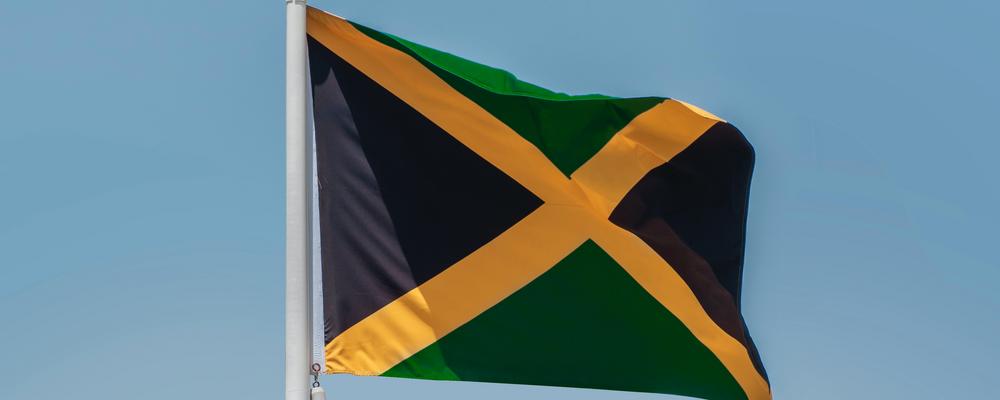Abstract:
On August 11, 2022, the Deputy Mayor of Montego Bay, Jamaica, made a series of seemingly disparaging remarks about members of the Jamaican Diaspora. Among other things, he highlighted that "only cowards run away to go to America because they are seeking out opportunities”. To make meaning of the preceding comment, one must be mindful that the Caribbean is historically a migratory region. Faced with numerous structural limitations, the expectations of many Jamaicans often exceed the capacity of the state to satisfy these demands. For many, emigration is a complex institutionalised strategy of coping with the constraints of residing in a Small Island Developing State.
The Jamaica Diaspora is concentrated in the USA, UK, and Canada. With a one-to-one ratio of nationals to members of the diaspora, the Jamaican Diaspora is estimated to be comprised of over three million people. Remittances from members of the diaspora also account for approximately 20 percent of Jamaica’s GDP. Undoubtedly, the diaspora has played a key role in Jamaica’s development. Nonetheless, two controversial issues have emerged in the debate surrounding the Jamaica Diaspora.
Firstly, disproportionately high rates of emigration can potentially undermine development, and secondly, should non-resident Jamaicans who are partially removed from experiencing the direct impact of Jamaica’s laws, on a daily basis, be branded as cowards or beloved countrymen? Interestingly, some members of the Jamaican Diaspora maintain connections to their romanticised island home while simultaneously forging ties to their new places of residence abroad. Nonetheless, there should be an awareness of the negotiations of identity and the subjective notions of belonging which prominently feature in how diaspora populations are understood.
This paper considers how members of the Jamaican Diaspora are portrayed in the media and how these characterisations shape both the attitudes towards them and their attachment to Jamaica. It focuses on the contents and meanings of the representation of members of the Jamaican Diaspora in Jamaican newspapers. The paper is framed by social representation theory and findings are based on content analysis of two of Jamaica’s leading newspapers.
Newspapers are valuable sites of varied information, shared meanings, and social thinking about the Jamaican Diaspora. Of the newspaper stories reviewed, the Jamaican Diaspora is mainly portrayed in a positive way, frequently likening it to “partners in development”. References to ‘cowards’ or ‘traitors’ were scant prior to August 11, 2022. Generally, media representations are crucial in informing how one thinks about the role of the diaspora, visiblising the experiences of its members, showcasing how they perceive their own identities and how they are viewed by Jamaicans residing ‘on the rock’. These are crucial to understanding the diaspora’s experiences of belonging which informs their involvement in Jamaica’s affairs.
